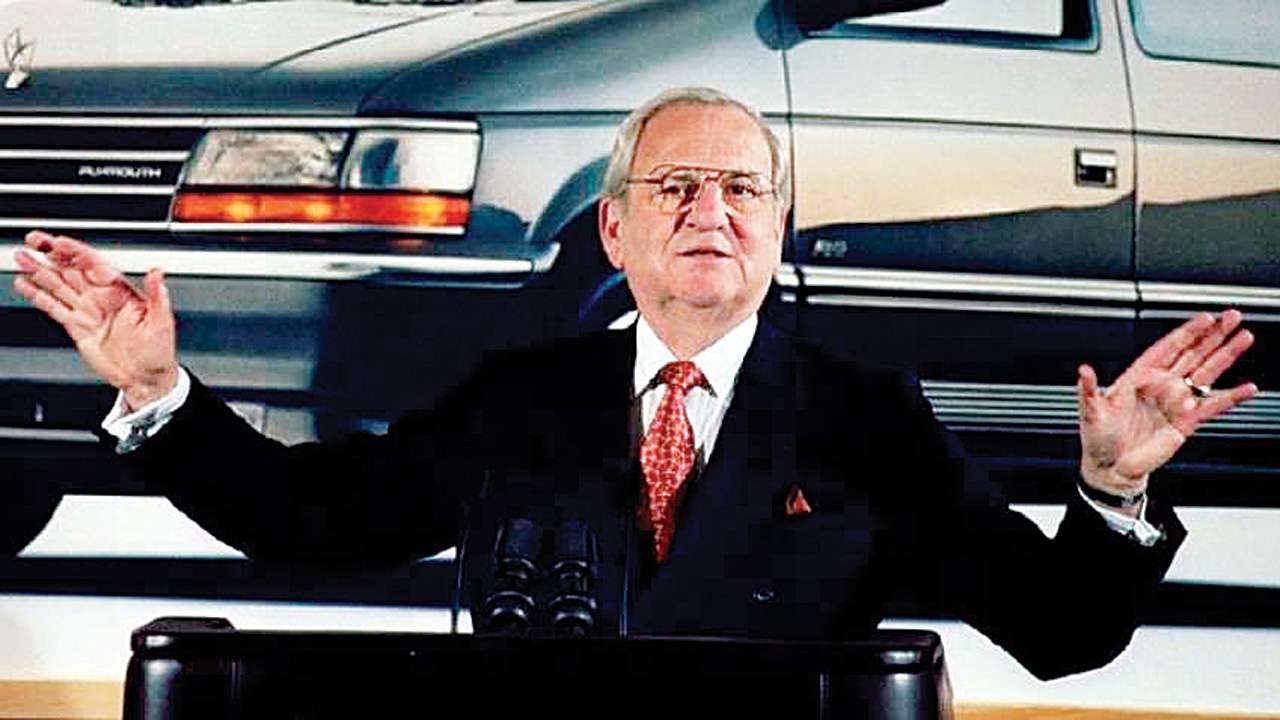
Early this month, Lee Iacocca – legendary President of Ford Motor Company and later of Chrysler – passed away on 2nd July at the age of 94. He has been known as the turnaround strategist and specialist who had been able to give a new life to Chrysler – one of the three largest car companies in the United States – after he was forced to quit Ford unceremoniously by the grandson of the legendary Henry Ford, also named Henry Ford II.
It was during the 1960s that Iacocca was able to launch successful car models, which became iconic with the passage of time. He was at times considered to be a marketing genius by an entire generation of business aspirants. There are numerous lessons in general management and marketing which one can learn from his professional career, however, one of the most important which Iacocca himself applied to great success one of the most simple that “there are only two ways to make more money: you can sell more goods or spend less on overhead,” as he wrote in his autobiography published in 1984. As a college student, I had bought a copy of this book in 1989 and read it from cover to cover, word by word. It has been simply mesmerising and has often inspired me to use certain portions in my classes.
One of the most enlightening portions has been the dialogue he has reported between Henry Ford II and him regarding paying income tax. It can be seen as a true guide for the conduct of senior business executives while facing any ethical dilemma. Often there had been no easy achievements and paths taken for the stressed top executive primarily due to strained relations with the Chairman Henry Ford II. Despite the bitterness and acrimony, Iacocca had followed the path shown by his heart and had been quite straightforward in formulating strategy and implementing it. It is noteworthy that he used to mostly go by the basic principles without bothering too much about fancy details of numbers and statistics. It is really unfortunate today when one reads about Dr. Winterkorn of Volkswagen and Carlos Ghosn of Renault-Nissan, who have been involved in serious wrongdoings.
During 1960s, the world was a decade away from the first oil crises of 1973, and American car companies were not much bothered about fuel efficient vehicles. Also, the impact of fuel exhaust on environment and global warming issues were either not talked at all, or might have been discussed sporadically at a few academic conferences. In such an era, Ford and other car companies heavily relied on fuel-guzzling, big size cars for American consumers who were, and still are, fond of driving from coast to coast, at high speed, without bothering about fuel consumption, as gasoline was easily and cheaply available, thanks to Big Oil from Texas.
We cannot, in today's world, blame Iacocca for not paying attention to developing smaller and fuel efficient cars at that time. However, one can never pardon the Volkswagen top management for cheating the consumers by using the software reporting one-fortieth of the actual emission under test conditions, which is simply not following the basic principles of doing business ethically. Extremely serious financial irregularities have been alleged in the case of Ghosn.
Iacocca had made an almost dead company – Chrysler – rise back and become a strong competitor to Ford and GM in the 1980s. It was all the more tougher to remain relevant, as the Japanese car companies had dealt a serious blow to American car industry since the 1970s, and the American consumers had favoured the better designed, fuel efficient, safer, and upmarket models of Japanese cars. Nationalistic spirit took a backseat and the US provided a lucrative market to Japanese companies, which slowly but surely became global giants, especially due to American patronage. Iacocca motivated a generation of automobile sellers.
The author is a professor at IIM-A,
akagarwal@iima.ac.in